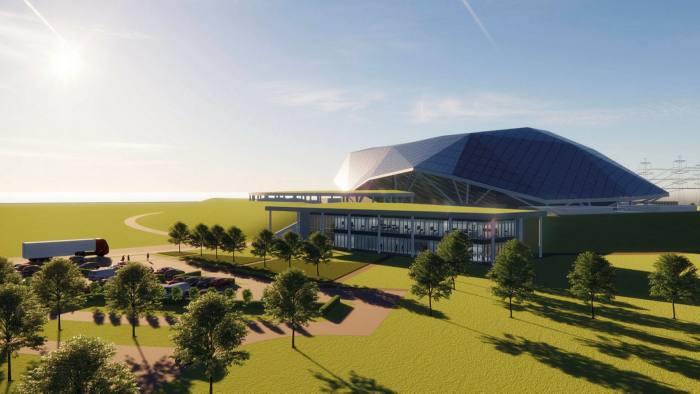The UK aero-engine maker, Rolls-Royce and the British taxpayer consortium is jointly pumping £405m for small modular reactors (SMRs) development. The project is part of a new push into nuclear power set to help in net zero carbon government’s targets. Rolls-Royce stated it had acquired funding from the US energy company Exelon Generation and BNF Resources. The three partners will have a total investment of £195m in the new business, Rolls-Royce Small Modular Reactor, in three years.
The funding will bring about government’s commitment of £210m, which is due to be revealed. The business secretary Kwasi Kwarteng on stated: “This is a lifetime moment for the UK to deploy more low-carbon energy than any time before and guarantee a greater energy independence.” UK Prime Minister Boris Johnson hailed the new technology under development being part of his 10-point agenda for a “green industrial revolution” last year. The technology is seen by the government as a method to strengthen Britain’s energy security, avail manufacturing jobs and help deliver on the “levelling up” agenda set to ensure wealth and jobs are much spread in the UK. The government has decided to promote the technology just three years after the UK engineering group wanted to close the SMR programme unless it received technology’s long-term commitment.
Read also: HyperTunnel’s tunnel-spraying robots unveiled in UK.
Small modular reactors a growing industry
Some other nations, like France and the US, are also seeking to deploy their own SMR technologies for domestic markets and as a new source of exports. SMR developer NuScale of the US revealed at the COP26 conference in Glasgow that they had struck a deal to develop small-scale reactors in Romania. The French president, Emmanuel Macron earlier allocated government funds worth €1bn to help the state-backed utility EDF create its own SMRs by early next decade.
The consortium will utilize the initial funding to put its SMR design in the UK’s rigorous nuclear regulatory regime. The process is set to take around four years but would keep the consortium on track to finalize its first 470MW plant in the early 2030s. Every mini-power station will be able to generate enough low-carbon electricity for around 1m homes. As opposed to full-scale nuclear power stations, the small modular reactors will have a footprint of only two football pitches. But the main difference is that the tiny, modular design would allow the parts to be constructed in factories ready for quick assembling at any chosen location, which makes them cheaper than the traditional huge reactors. Rolls-Royce estimates a minimum of 16 small modular reactors would be installed at operational and mothballed nuclear regions in Britain.

Leave a Reply